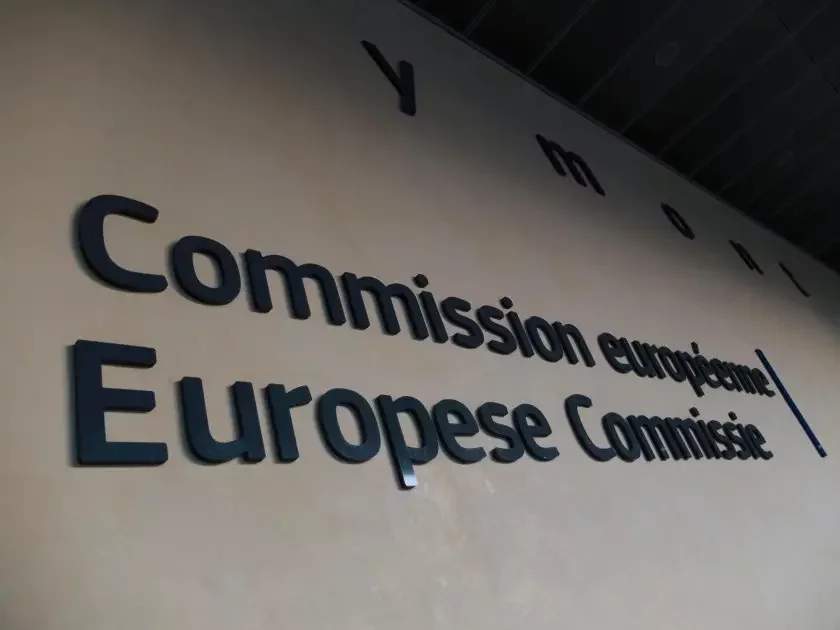EC refers Bulgaria to the European Court of Justice in three infringement proceedings

The European Commission on July 25 decided to refer Bulgaria to the Court of Justice of the EU for failing to correctly transpose the Directive on Right to information in criminal proceedings (Directive 2012/13/EU). The deadline for Member States to transpose the Directive was 2 June 2014.
On 23 September 2021, the Commission sent a letter of formal notice to Bulgaria for failure to transpose the Directive correctly into its national law. On 28 September 2023, the Commission sent a reasoned opinion reiterating the grievances set out in the letter of formal notice.
Bulgaria has still not fully addressed the Commission's concerns such as the incorrect transposition of the scope of the Directive for persons who are de facto suspected of having committed a criminal offence but who have not yet been officially recognised as accused persons. This means that, in Bulgaria, persons who are only suspected and not yet officially accused of having committed a criminal offence do not enjoy the rights to which they are entitled under the Directive, which can significantly impact the fairness of their trial. This issue in turn affects the correct transposition of substantive rights set out in the Directive, such as the right to information about rights, which Bulgarian law does not extend to de facto suspects. While Bulgaria has taken first steps to address the identified grievances concerning the right to a Letter of Rights in European Arrest Warrant proceedings and the right of access to the materials of the case, the additional measures adopted are also not sufficient to ensure the correct transposition of these rights.
At the beginning of February this year, the National Assembly adopted amendments to the Criminal Procedure Code aimed at fully transposing the Directive into Bulgarian law. President Rumen Radev vetoed the amendments.
The European Commission has brought two more cases against Bulgaria before the EU Court of Justice. One is for the country's failure to transpose the European Accessibility of Products and Services to Persons with Disabilities Act into national law.
Bulgaria has announced that it will propose a bill to transpose the European Accessibility Act and submit it to the National Assembly in December 2023, but the Commission has not yet received formal notification from the Bulgarian authorities. The Commission has therefore concluded that the European Accessibility Act has not yet been transposed into Bulgarian law.
The European Accessibility Act requires key products and services such as telephones, computers, e-books, banking services and electronic communications to be accessible to people with disabilities. This will help to increase active participation in society, including in education and employment, as well as greater autonomy and mobility opportunities for people with disabilities, who number over 100 million European citizens. The Commission sent Bulgaria a formal letter of notification in July 2022, followed by a reasoned opinion in July 2023. As Bulgaria has not yet notified the transposition of the new EU rules into national law, the Commission has decided to refer Bulgaria to the European Court of Justice.
The other case brought against Bulgaria is that the Bulgarian Social Services Act limits the maximum duration of temporary social services, such as counselling or advocacy services, community service, therapy and rehabilitation, skills training and care services, to six months per year. This means that the Bulgarian Social Services Act is in breach of Article 16 of the Internal Market Services Directive and Articles 56 and 57 of the Treaty on the Functioning of the European Union.
Member States cannot set a maximum duration for temporary services. The concept of temporary provision of services is based on several different aspects, such as duration, regularity, periodicity or continuity of services. Furthermore, Member States may not require economic operators to establish a place of business on their territory for the purpose of services.
In July 2019, the Commission sent a first formal letter of notification, followed by a reasoned opinion in July 2020. Bulgaria acknowledged the infringement already in 2020, but has not acted since then to ensure compliance with EU law, despite its commitments to adopt a legislative act repealing the contested provision. As Bulgaria continues to be in breach of EU rules, the Commission has decided to refer Bulgaria to the European Court of Justice.
Get the latest news wherever you are!
Follow us on
Facebook
and
Instagram
Follow BNT’s YouTube channel
You can now also watch us on
TikTok
Find us on
Google News























